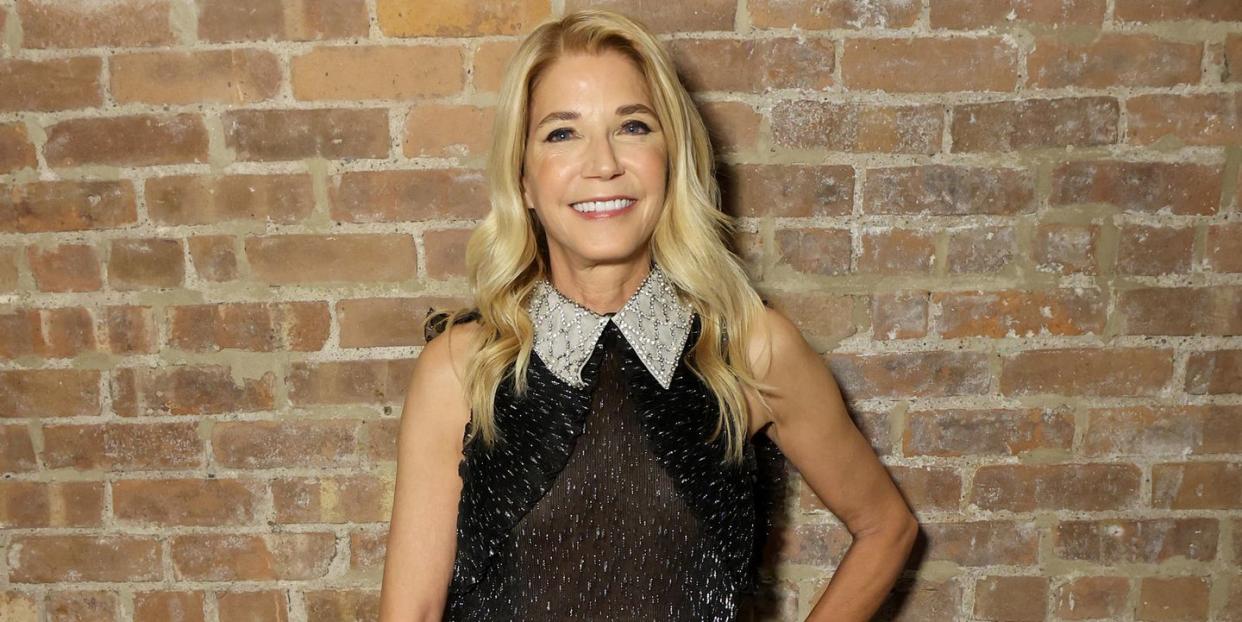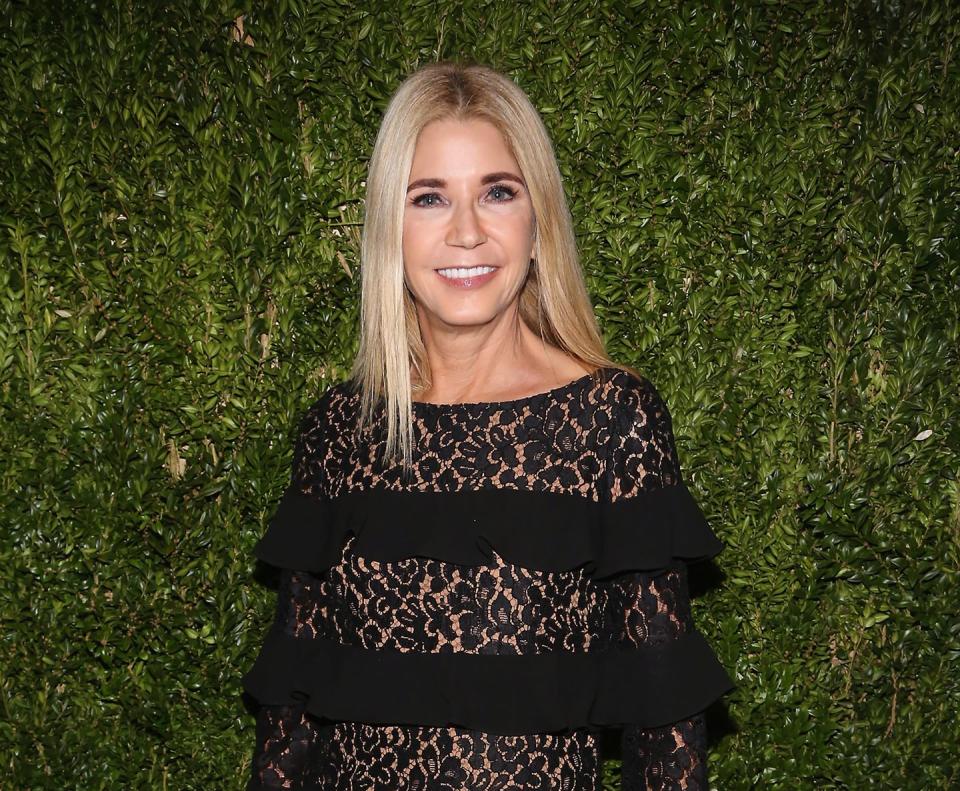Sex and the City author Candace Bushnell on what she learnt in her 50s

In your 50s, life becomes less about the wanting the next thing. You got married, you had the first child, you had the second child, but if you end up getting divorced, you realise, ‘Hey, I did everything right and it didn’t guarantee happiness.’ So life becomes more about looking inwards to find your own happiness. My advice for anyone entering their 50s would be, ‘It gets better!’ For me, it was a decade of change. It can almost feel like a period of adolescence; you have to embrace the ups and downs of it all.
When I got divorced, I basically gave in to the horribleness of it and went away to my house in the country. I didn’t socialise much, I was very disciplined and I rode horses. I developed healthy habits and spent a lot of time thinking, which meant I was able to hear my own voice instead of everybody else’s. If you can spend time alone and hear your own voice, it gives you a sense of inner strength, because you know who you are again. That really helped me.
Divorce definitely changed my view of romantic love for a period of time. It depends on how you get divorced: if you are the one that wants to get divorced, you might have fantasies about how it’s going to be so much better and how you’ll meet somebody else, blah, blah, blah. Whereas, if it comes unexpectedly, people go through a duration of time when they feel bitter and angry. You do think, ‘Hey, I was sold this idea that true love was going to solve everything,’ because most people get married thinking they are in love and that their marriage is going to last. (I certainly did.)
What middle age shows you is that you’re not always going to beat the odds; bad stuff is going to happen, partly because that’s the cycle of life, whether it’s your relationship ending or losing your parents. It’s a time when you may lose your friends, too, and lots of people are dealing with some level of loss. Losing my father and a friend in my 50s did change my perspective; one feels lucky and happy to still be here. The important thing, for me, has been learning how to absorb blows and keep going. And accepting that there are some things that there just aren’t any answers to. You think, ‘Why did that happen?’ You can go over it again and again, and it’s sad, but you’ll just never know. It’s about accepting certain realities – and then moving on.
Money does become important in a way that it wasn’t before. You have to think about it because, if something goes wrong, you can’t count on having a job until you’re 80. You have to look at what you have and your assets, and figure out how you are going to live for another 30 years. Most people make less money and, if you get divorced and you haven’t kept up with your career, it can be difficult.
Another thing about being this age is that you feel you lose a little bit of your agency in the world. A lot of women (this has happened to me) notice that people literally don’t look at them. You buy something at the pharmacy and the sales person doesn’t even look in your direction. It’s the weirdest thing. It also might be the times we live in, because people don’t look at each other as much, but it’s an experience that a few women have told me they’ve had. So there is a sense of loss of your personal power in the world. Being a reproductive woman in society is considered valuable – and then that’s gone. It’s a psychological change.

When it comes to dating, you’re looking for different things. Generally, you’re not looking to have a child with the person that you’re dating. If you think about that, it’s a big difference! I’ve seen people fall in love at all ages, and that can surprise those in their 50s and 60s. If the right person comes along – or even the wrong person! – people are still capable of those ‘in love’ feelings associated with being a teenager. Maybe that’s a gift. At the same time, you also take things more at face value: if someone says, ‘Hey, I’m tired,’ it doesn’t mean that they don’t want to see you, something is wrong or that they’re with someone else. People are more straightforward.
Another thing is that, when people get married, your loyalty is to your marriage. That is your priority, it just is. Most people put their spouses first. Then, if you have children, you put them first. Whereas in your 50s, I think there is a feeling of looking after each other. We all know that somebody could get sick and things happen, and there is an understanding that if something goes wrong, hopefully your friends are going to be there for you.
Today, I think, ‘Don’t let age get in the way of living.’ You can still accomplish things. You can still move forward. There is a tonne of ageism in the world and it is hard not to internalise that and say to yourself: ‘I can’t do this’, ‘I shouldn't do this’ or ‘people are going to think that I look old’. I’ve been working professionally for 40 years and now feels like a good time to harness those abilities. There are still things that I want to do. When I look out there I see more and more women in their 50s and 60s breaking out, because it is a time when you really feel that it doesn’t matter what other people think. For one of the first times in your life, you think, ‘I’m 60. Get out of my way!’
I also take better care of myself. When I was in my 30s and 40s, I never thought about exercising, eating healthy or not drinking every night. Then you get to a certain age and you have to think about those things. Exercise becomes important. I think that’s probably the best way to deal with ageing, to try to feel good in your body. For the moment, I’m just trying to stand up really straight – and that’s my solution. Do the best you can!
The best thing about my 50s was shedding some conventionality. In a way, one’s 50s push you a little bit outside of society, outside the norm, especially if you get divorced and you’re a 50-something woman starting all over again. When you are pushed out to the margins, and you survive, you realise that you don’t have to worry about checking off all of those boxes of what life is supposed to look like. There is freedom in that.
Is There Still Sex In The City? (Little, Brown) by Candace Bushnell is out now
You Might Also Like



